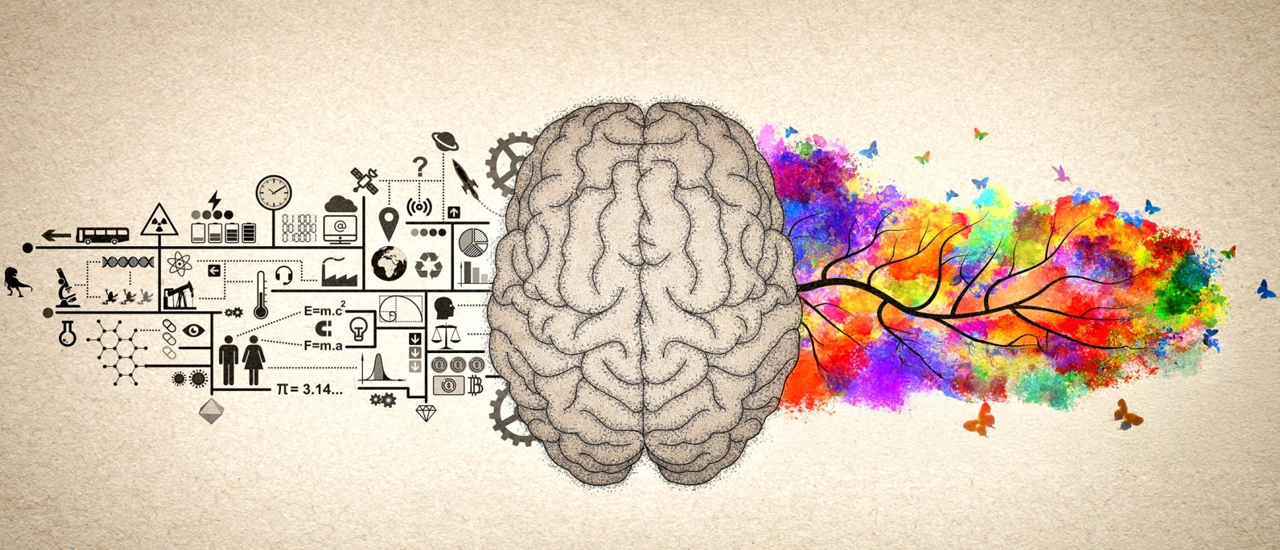Leading with Heart: The Power of Emotional Intelligence in Leadership
by Sal Silvester5.12 Solutions Blog
As leaders, we are constantly faced with the challenge of navigating change, motivating teams, and making decisions that drive performance. But there’s one critical skill that sets apart truly effective leaders: emotional intelligence (EI).
In a recent podcast episode of Sal Silvester on the Future of Leadership, we had the privilege of speaking with Dr. Robin Hills, an expert in emotional intelligence and a business psychologist who has empowered over 400,000 individuals worldwide. Our conversation reinforced a fundamental truth: emotional intelligence is not just a “nice-to-have” –it’s a necessity for leadership success.
Why Emotional Intelligence Matters
A high IQ or technical expertise might get someone into a leadership position, but it’s their emotional intelligence that determines their ability to inspire, motivate, and drive results. Studies support this – research by TalentSmart found that EI accounts for 58% of performance in all types of jobs, and 90% of top performers have high emotional intelligence.
So, what exactly is emotional intelligence? Dr. Hills defines it as “being smart with your feelings.” It’s the ability to combine thinking with emotions to make high-quality decisions and build authentic relationships. In leadership, this means understanding our own emotional landscape, recognizing how our emotions impact others, and adapting accordingly.
EI accounts for 58% of performance in all types of jobs
90% of top performers have high emotional intelligence
The Role of Emotional Data in Leadership
As leaders, we often focus on data – metrics, financials, performance indicators. But what if we treated emotions as data as well? Every emotional response – whether ours or someone else’s – is a piece of information that can guide our decision-making.
Leaders who ignore emotions risk:
- Misinterpreting team dynamics – Without understanding emotional cues, leaders may fail to recognize shifts in team morale, collaboration, and communication.
- Missing critical feedback – When employees feel unheard or emotionally disconnected, they may withhold valuable insights that could improve performance and decision-making.
- Creating disengaged work environments – A lack of emotional intelligence can lead to a workplace culture where employees feel undervalued, leading to lower motivation and productivity.
During our conversation, Dr. Hills emphasized the importance of self-awareness and self-regulation. He shared that leaders who are emotionally intelligent can identify their triggers, manage their reactions, and remain present in challenging situations. They don’t suppress emotions – they acknowledge them, process them, and choose how to respond effectively.
Empathy: A Leadership Superpower
One of the most powerful aspects of emotional intelligence is empathy – the ability to understand and share the feelings of others. Yet, many leaders struggle with this. Some even dismiss it, saying, “I’m just not an empathetic leader.”
But here’s the truth: empathy is a skill that can be developed.
Dr. Hills encourages leaders to enhance their coaching skills by asking the right questions:
- How are you feeling?
- What are you thinking?
- How can I support you?
When we approach conversations with curiosity rather than assumptions, we create a culture of trust and openness.
Empathy and Conflict Resolution
Empathy is about finding echoes of another person in yourself.
Empathy also plays a critical role in conflict resolution. Rather than reacting with frustration or defensiveness, emotionally intelligent leaders take a step back, recognize their emotions, and engage in constructive dialogue.
Dr. Hills shared a key insight: Instead of expressing anger, a more effective approach is to say, I’m disappointed. This situation didn’t meet my expectations – let’s talk about how we can improve. Disappointment invites accountability, while anger often sparks resistance.
Emotional Intelligence in Action
One of the biggest takeaways from our discussion was the undeniable impact that leaders have on their teams. Our emotional state sets the tone for our workplace. If we’re frustrated, our teams feel it. If we’re optimistic, they mirror that energy. In fact, research shows that 50-70% of an employee’s work perception is influenced by their direct manager (Frontline, 2024).
So, how do we start strengthening our emotional intelligence? Here are three practical steps:
- Increase self-awareness: Take time to reflect on your emotional triggers and how they influence your decision-making. Journaling or seeking feedback from trusted colleagues can help.
- Cultivate empathy: Make it a habit to check in with your team – not just about tasks, but about how they’re feeling. Listen actively and validate their experiences.
Leading with Emotional Intelligence
Your emotional intelligence is your greatest gift as a leader.
Dr. Hills shared a powerful insight: “Your emotional intelligence is your greatest gift as a leader.” As we navigate an ever-evolving world, it’s crucial to nurture the emotional and social skills that not only enhance our own performance but also elevate those around us.
Remember, when we lead with emotional intelligence, we lead with impact.
About the Author
5.12 (five-twelve) Solutions Consulting Group exists to support organizations and individuals looking to make major and lasting shifts.
Contents of this article remain the property of the author and/or publisher.



